12 Ways Your Golf Club Can Improve
Clubs are under pressure to stay in business like never before. Jeremy Ellwood highlights 12 areas where increased investment can pay big dividends

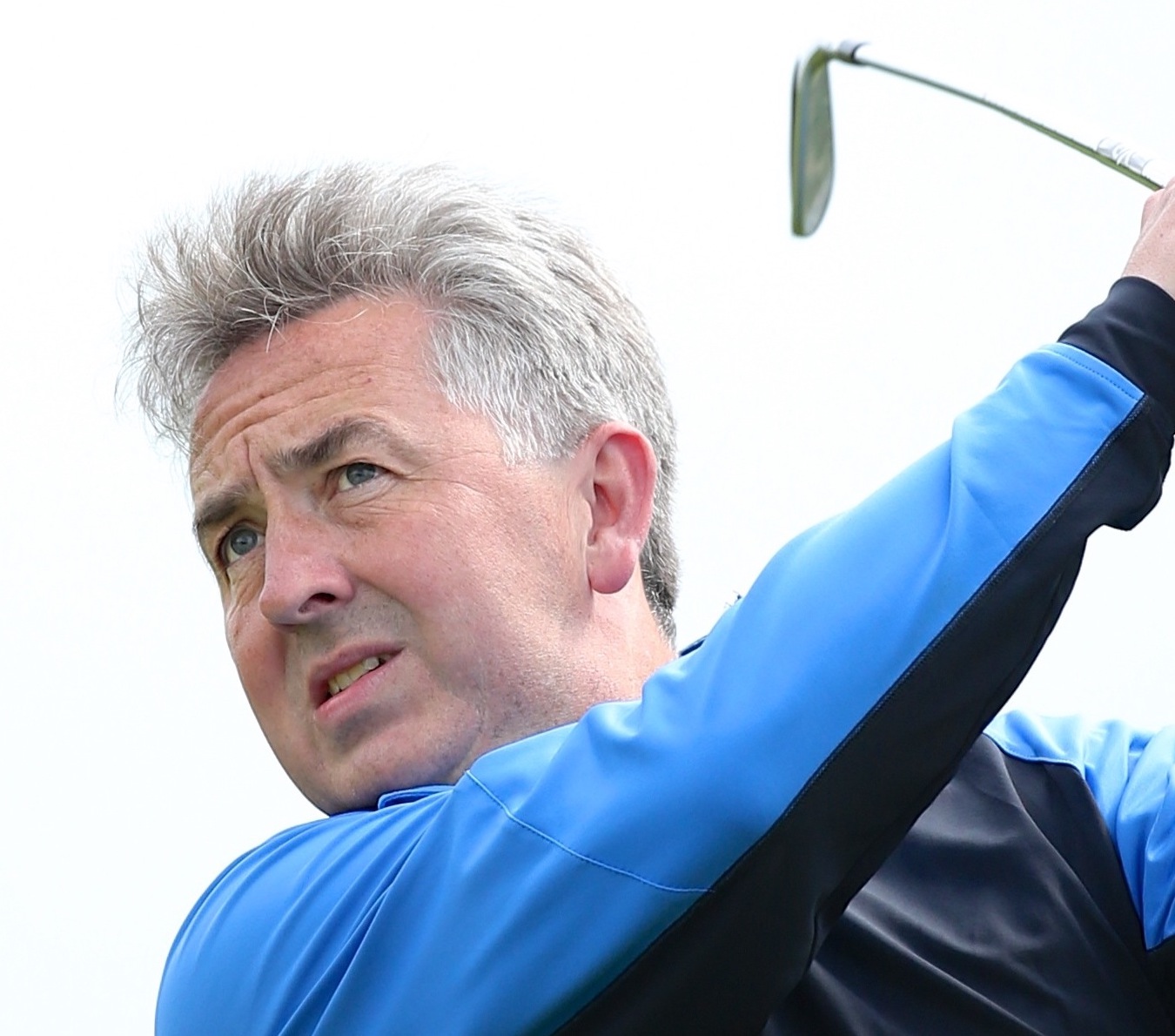
Clubs are under pressure to stay in business like never before. Jeremy Ellwood highlights 12 areas where increased investment can pay big dividends.
12 Ways Your Golf Club Can Improve
Undertaking course improvements
Taking the view that the course is a golf club’s prize asset, it should always be at the top of the list when looking to invest or improve. That improvement can take many forms. It may be a matter of trying to get the course in better condition for as long as possible each year, and that may mean improving the drainage, taking steps to improve the quality of the greens or investing in equipment for the greenstaff.

It may be a matter of improving certain holes via course alterations or, as many heathland clubs in particular have been doing, clearing out trees and scrub to take the course back closer to its roots, opening up views and vistas, reawakening its original character and often improving conditioning too as a result.
Bunker programmes are also very popular right now and these have the double benefit of bringing back their strategic value where the current ones are no longer doing the job they were designed to do, and often dramatically improving the aesthetics too.
Updating the locker rooms
Get the Golf Monthly Newsletter
Subscribe to the Golf Monthly newsletter to stay up to date with all the latest tour news, equipment news, reviews, head-to-heads and buyer’s guides from our team of experienced experts.
A place where most golfers are not looking to spend too much time might not naturally sit high on the list of investment considerations, but too many clubs have locker-room facilities that are outdated, unappealing and often quite smelly, if truth be told! They can lag way behind the rest of a golf club’s offering and there must come a time when modernisation warrants serious consideration.
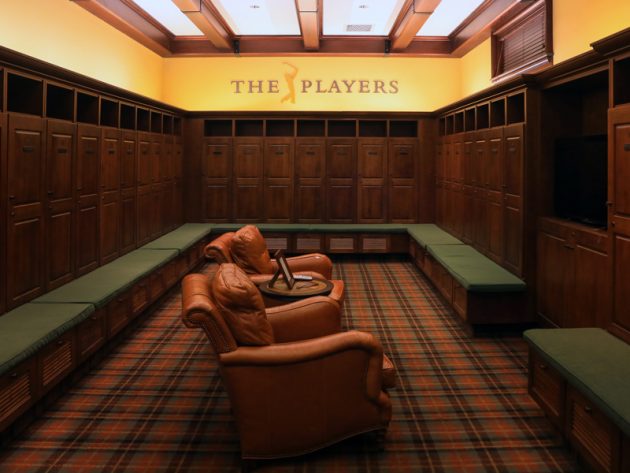
It shouldn’t come to the point where poor changing rooms provide a stumbling block to potential new members or big societies and corporate events. One or two clubs have seriously upped their games on this front in recent years, including Royal Worlington and Newmarket, where the facilities have undergone a sympathetic and much-needed transformation.
Revamping the clubhouse
The right atmosphere in the bar and clubhouse can make a big difference to how long people will sit there pre- or post-round. Create a space where people are comfortable and they will hopefully spend more money too.
One club to have undergone radical change is St Enodoc, where a few years ago the clubhouse lounge was transformed into something contemporary and almost cafe-like.
Improving the practice facilities
There’s a certain type of golfer who wants to spend as much time practising as playing – and consequently they will expect a little more from their chosen practice facilities. Even with the extra cost of buying range balls, most would far rather be there than in a field where you hit your own balls and then pick them up.
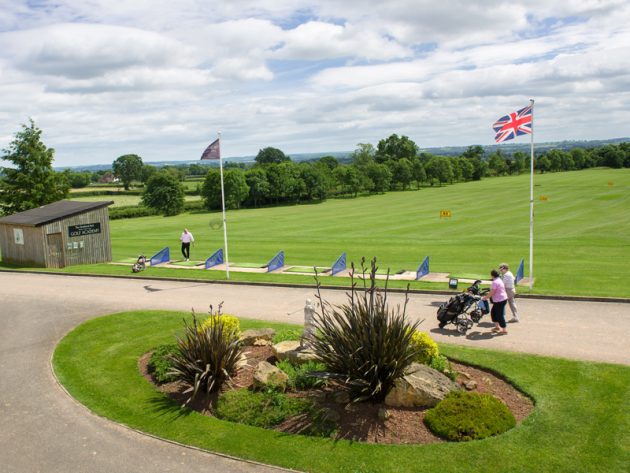
Practice facilities need to be as good as possible within a club’s space and planning limitations as, in these competitive times, the quality of the practice facilities may be a deciding factor between your club and the one down the road.
Improvements might mean better targets on the range, perhaps even green-style ones that replicate the on-course experience as best as possible.
Building a short-game area
Although many golf clubs have somewhere to hit balls, whether a full-scale driving range, a field with targets or just a net, far fewer have somewhere to properly practise the short game.
All too often the putting green will have signs around it saying “no chipping to this green”, and many short-game areas that do exist are quite rough and ready, with the green only mown to fairway or fringe height.
A good, purpose-built short-game area can be a real asset in the drive to recruit and retain members. Many clubs have been going down this route and installing excellent short-game practice areas, among them Moor Park, Kedleston Park, Royal Cinque Ports, Prince’s, West Essex, The Machrie and The Shire.
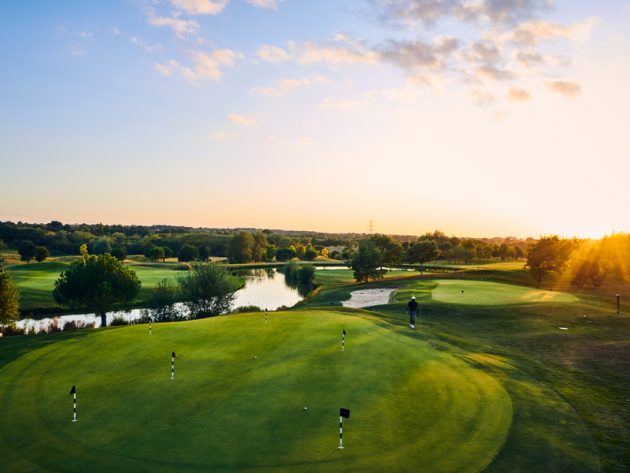
Opening an indoor studio
There are many examples of these studios and rooms where the club and pro have perhaps worked together to provide additional facilities for members and visitors and generate new revenue streams. Often they are excellent, well-used facilities that will attract some people up to the golf club on days or at times when the course is closed or the weather is unwelcoming.
Many such clubs extoll the virtues of their simulator rooms on social media as they allow golfers to get their fix on those dark winter evenings. Anything that attracts more people to your club than the one down the road can surely only be a good thing.
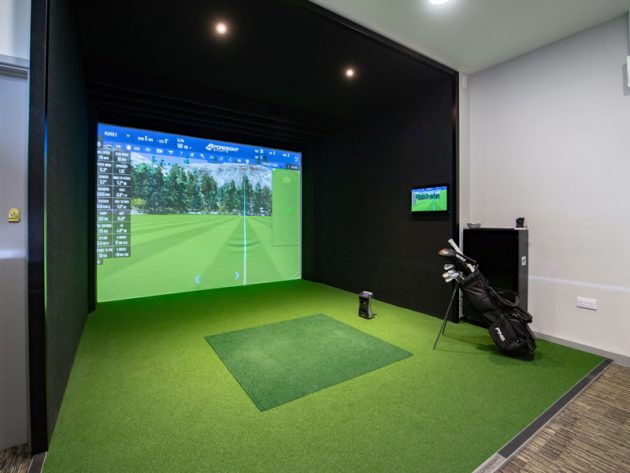
More engaging competition software
Things have moved on leaps and bounds on this front, with computer software and apps opening up a whole new world when it comes to competitions. Software such as Golf Genius not only reduces the admin burden of club and open competitions, releasing staff to focus on other things, but it can also bring a real buzz to selected competitions via live on-course scoring and leaderboards in the clubhouse, so those who have finished can see if they’re in the running. Technology has opened up new options on this front that are well worth exploring.
Introducing a halfway hut
Done well, a halfway hut can be a great addition to the visitor experience, and on a big society or corporate day, potentially a good source of added revenue too. Yes, staffing costs and logistics have to be taken into consideration, but at courses where the 9th comes back to the clubhouse, it could be as simple as a hatch or area serviced by the main bar staff.
Making the 1st tee as attractive as possible
First impressions count. What does the area around the 1st tee look like? Is it as attractive and enticing as possible, setting the forthcoming golfing experience’s stall out from the start? This is the tee on the course where golfers are likely to spend the most time milling around. Does the 1st tee area suitably whet the appetite? I think of places like Hankley Common in Surrey and Headingley in Yorkshire where it most definitely does. Spending a little time getting the opening gambit as shipshape as possible is money well spent.
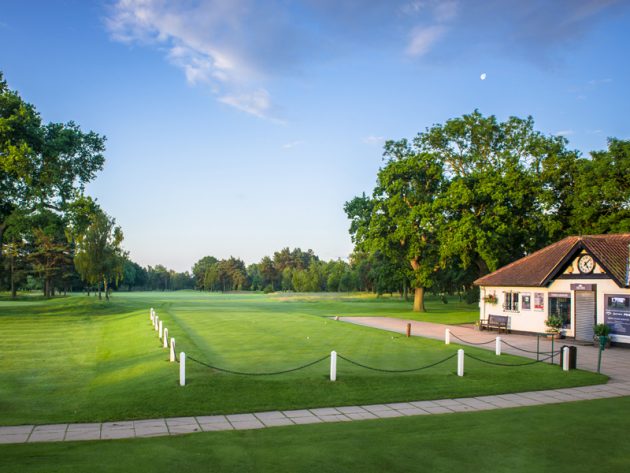
Improving websites and social media feeds
A club’s website is its window to the world, so the images and messages portrayed there need to sell the place in as enticing a way as possible. Sadly, from experience when researching potential articles and visits, more than 50 per cent of club websites do not really cut it, with poor course photographs, navigation that is far from intuitive and what seems, at times, like a deliberate attempt to make contact as difficult as possible.
Likewise, social media is now a hugely important and largely free-to-use marketing tool that some clubs use extremely well while others do not. Employing or utilising social media-savvy people rather than fitting square pegs into round holes makes huge sense. And is tweeting to the world at large about course closures or flooding really wise? Might it not be better to limit the spread of bad news only to those who most need to know (i.e. the members) via email, text or a telephone information line?
Consider flexible memberships
With people calculating the value for money their golf club membership represents far more than in the past, if all a club offers is one or two variations on the standard full membership, it may well be losing out to clubs that have adapted to embrace 21st-century lifestyles. If frequent feedback from leavers is that they can’t justify a full annual fee for the amount they think they will play, flexible membership options should be considered.
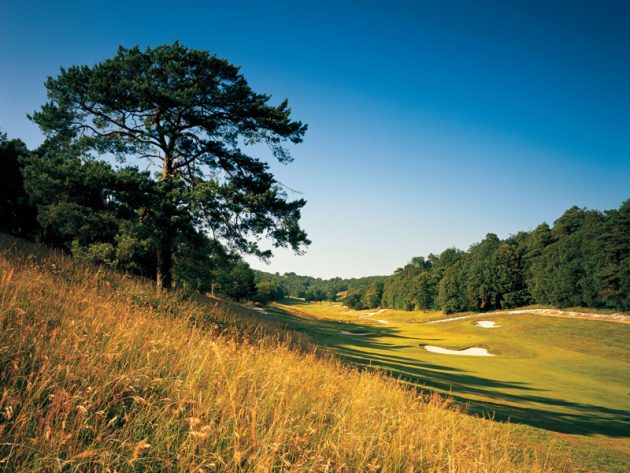
No one is pretending that it isn’t difficult to find the balancing act between attracting those you want to attract, while not creating disgruntled full members or catching the eye of those who are otherwise perfectly happy, but many clubs have proved that it can be done. Yet a recent survey from accountants Hillier Hopkins has shown that only 27% of members’ clubs currently offer any form of flexible membership.
Employing the right staff
This is very important and, in theory, costs very little, other than perhaps paying a little more to get the best staff. Everything else that a golf club is doing or trying to achieve can be seriously undermined if the customer-facing staff are unwelcoming and unhelpful, or give the impression that they don’t really want to be there.
Golf is a people business, so the pro shop staff, bar staff and those who answer the phones and reply to emails need to be outgoing and friendly and give customers or potential customers the feeling that they’re happy to see them or hear from them.
Don't forget to follow Golf Monthly on Facebook, Twitter and Instagram.

Jeremy Ellwood has worked in the golf industry since 1993 and for Golf Monthly since 2002 when he started out as equipment editor. He is now a freelance journalist writing mainly for Golf Monthly. He is an expert on the Rules of Golf having qualified through an R&A course to become a golf referee. He is a senior panelist for Golf Monthly's Top 100 UK & Ireland Course Rankings and has played all of the Top 100 plus 91 of the Next 100, making him well-qualified when it comes to assessing and comparing our premier golf courses. He has now played 1,000 golf courses worldwide in 35 countries, from the humblest of nine-holers in the Scottish Highlands to the very grandest of international golf resorts. He reached the 1,000 mark on his 60th birthday in October 2023 on Vale do Lobo's Ocean course. Put him on a links course anywhere and he will be blissfully content.
Jezz can be contacted via Twitter - @JezzEllwoodGolf
Jeremy is currently playing...
Driver: Ping G425 LST 10.5˚ (draw setting), Mitsubishi Tensei AV Orange 55 S shaft
3 wood: Srixon ZX, EvenFlow Riptide 6.0 S 50g shaft
Hybrid: Ping G425 17˚, Mitsubishi Tensei CK Pro Orange 80 S shaft
Irons 3- to 8-iron: Ping i525, True Temper Dynamic Gold 105 R300 shafts
Irons 9-iron and PW: Honma TWorld TW747Vx, Nippon NS Pro regular shaft
Wedges: Ping Glide 4.0 50˚ and 54˚, 12˚ bounce, True Temper Dynamic Gold 105 R300 shafts
Putter: Kramski HPP 325
Ball: Any premium ball I can find in a charity shop or similar (or out on the course!)
-
 Corales Puntacana Championship Prize Money Payout 2025
Corales Puntacana Championship Prize Money Payout 2025The PGA Tour’s latest opposite field event features an attractive prize money payout and some former champions in the field
By Mike Hall Published
-
 RBC Heritage Prize Money Payout 2025
RBC Heritage Prize Money Payout 2025Scottie Scheffler defends his title at Harbour Town in the latest of the PGA Tour’s signature events
By Mike Hall Published
-
 7 Most Annoying Golf Playing Partners
7 Most Annoying Golf Playing PartnersWe showcase the seven most annoying playing partners that golfers can have the misfortune of teeing it up with!
By Sam Tremlett Published
-
 How To Clean Golf Clubs And Grips
How To Clean Golf Clubs And GripsIf you want to know how to clean golf clubs and grips, check out this step-by-step guide
By Sam Tremlett Published
-
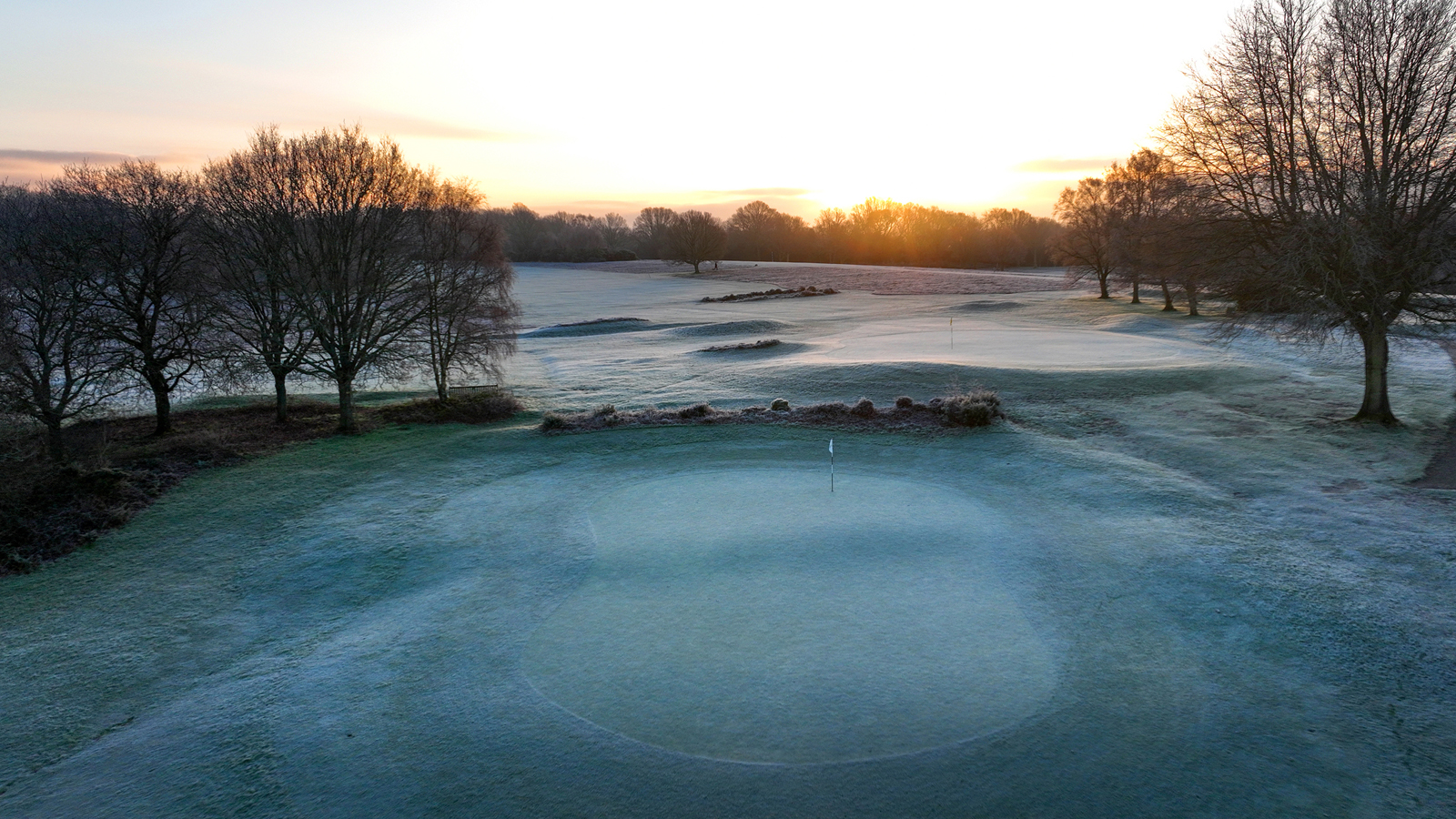 In Praise Of Golfing In Winter
In Praise Of Golfing In WinterFergus Bisset on why he enjoys playing golf through the winter months
By Fergus Bisset Published
-
 'Why Do Golfers Only Wear One Glove?' You Asked Google And We've Got The Answer...
'Why Do Golfers Only Wear One Glove?' You Asked Google And We've Got The Answer...You asked Google and we've got the answer...
By Roderick Easdale Published
-
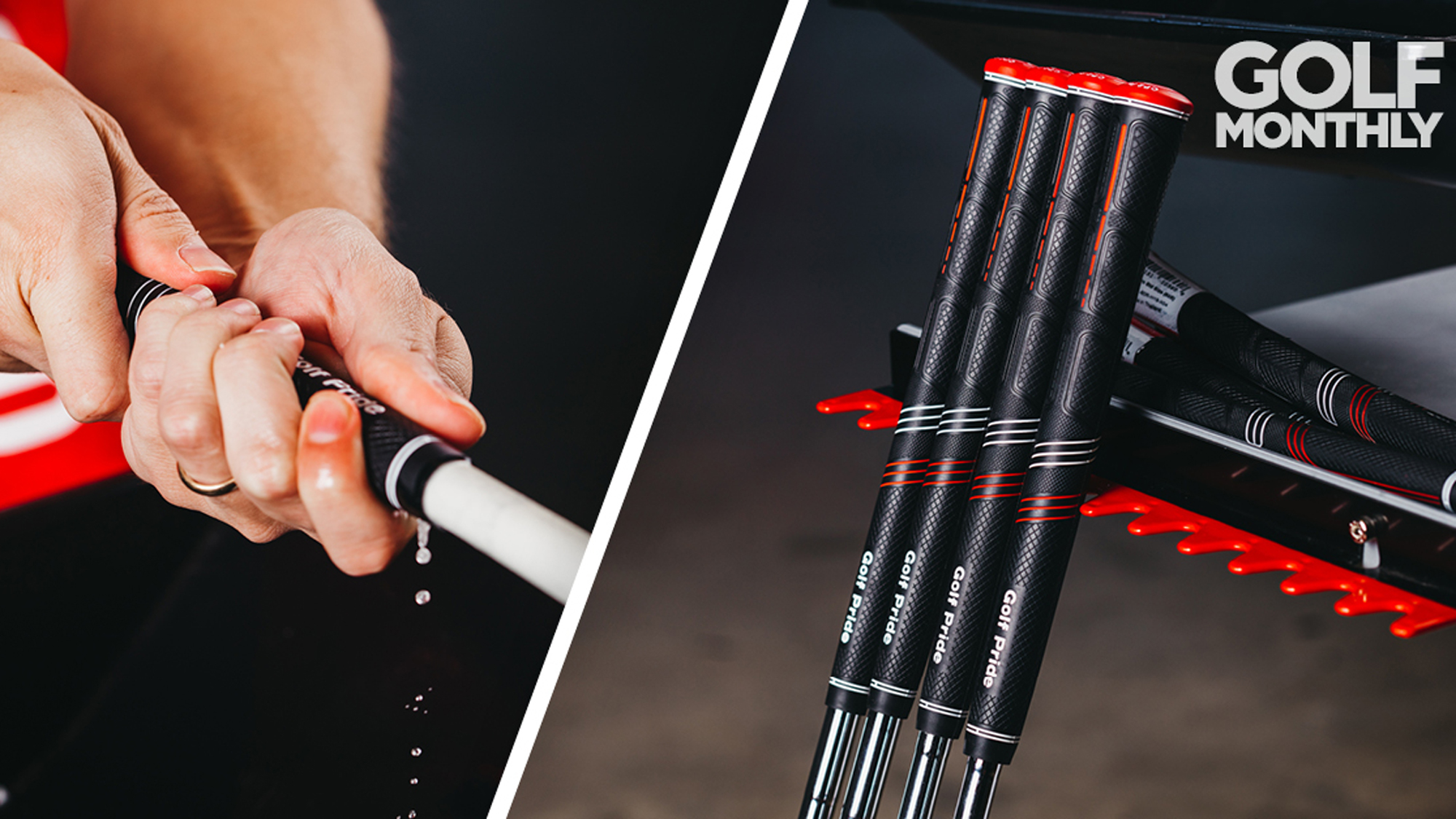 How To Regrip Golf Clubs
How To Regrip Golf ClubsKnowing how to regrip golf clubs means you can afford to replace them as and when they need replacing
By Joe Ferguson Published
-
 The 7 Scariest Shots in Golf
The 7 Scariest Shots in GolfWith Halloween creeping up, we have selected the 7 scariest shots in golf
By Neil Tappin Published
-
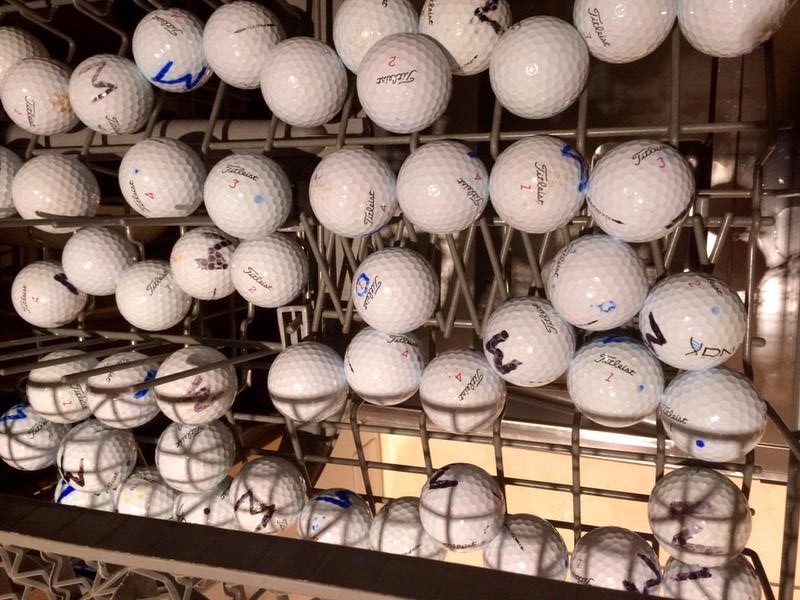 17 Ways To Tell You're Obsessed With Golf
17 Ways To Tell You're Obsessed With GolfThe tell-tale signs that you are a true golf fanatic
By Roderick Easdale Published
-
 10 Of The Best Arnold Palmer Quotes
10 Of The Best Arnold Palmer QuotesHere we take a look at 10 of our favourite Arnold Palmer quotes
By Roderick Easdale Published